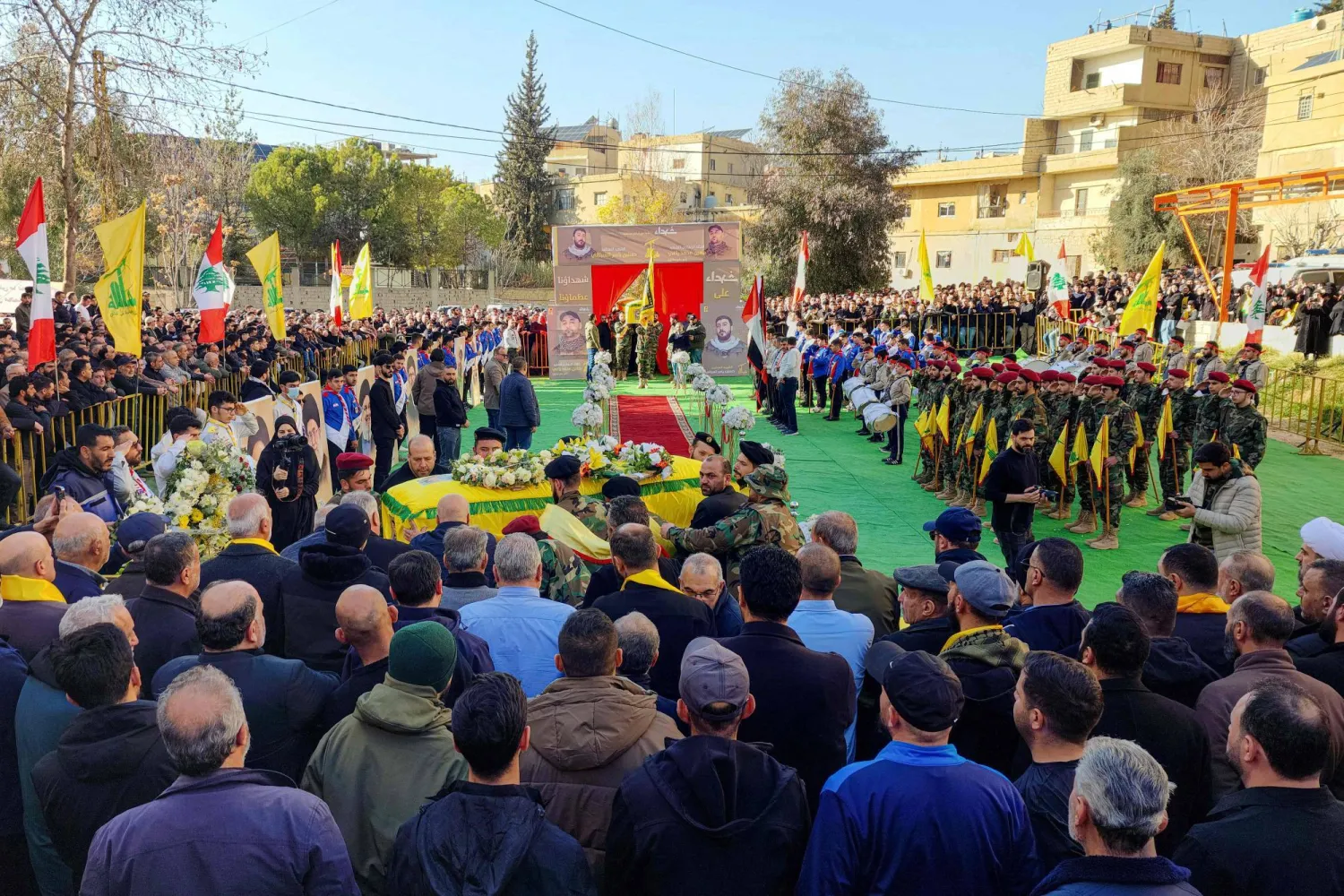The Biden administration in its final days is shifting more than $100 million in military aid from Israel and Egypt to Lebanon as it tries to bolster a ceasefire agreement it helped mediate between Israel and Hezbollah.
In separate notices sent to Congress, the State Department said it was moving $95 million in military assistance intended for Egypt and $7.5 million for Israel toward supporting the Lebanese army and its government. The notices were dated Jan. 3 and obtained by The Associated Press on Tuesday.
Most of the money will go to the Lebanese Armed Forces, which have a critical role in standing up the ceasefire that was agreed to in November following an all-out war between Israel and Hezbollah that battered much of southern and eastern Lebanon for two months.
It is intended to help the LAF deploy in the south of the country and supplement the role of the UN peacekeeping mission patrolling the so-called Blue Line, which has separated Israel and Lebanon since the end of a monthlong Israel-Hezbollah war in 2006.
“Successful implementation (of the ceasefire) will require an empowered LAF, which will need robust assistance from the United States and other partners,” the State Department said in the notices, both of which used nearly identical language to explain the funding shifts.
Both Israel and Hezbollah agreed to pull their forces out of southern Lebanon before the end of January, with compliance to be overseen by the Lebanese army and UN peacekeepers.
“US security assistance to the LAF increases its capacity as the country’s only legitimate military force and defender of Lebanon’s territorial integrity, enables the LAF to prevent potential destabilization from ISIS and other terrorist groups, and enables the LAF to provide security both for the Lebanese people and for US personnel,” the State Department said.
Pro-Israel members of Congress and others have in the past complained about any diversion of US assistance to Israel, although it was not immediately clear if there would be objections to such a small amount of shifted money.
At the same time, some of those who have been forceful advocates of Israel and critics of US assistance to the Lebanese military have often complained that it has been infiltrated by Hezbollah. The notices rejected that claim.
“US support to the LAF reinforces the LAF as an important institutional counterweight to Hezbollah, which receives weapons, training, and financial support from Iran,” the State Department said. “The LAF continues to be an independent, non-sectarian institution in Lebanon, and is respected across all sectors.”
In a third notice, also sent to Congress on Jan. 3, the department said it was going to provide $15 million to Lebanon’s Internal Security Forces to ensure that they become the primary law enforcement entity in the country and assist the LAF in controlling areas in the south.
That money will primarily be used to rebuild police stations, improve radio communications and purchase vehicles, the notice said.
The third notice also informed lawmakers that the administration would provide $3.06 million to the Palestinian Authority police to support its operations in the West Bank and $2.5 million to Jordan's Public Security Directorate to support its response to public demonstrations.









